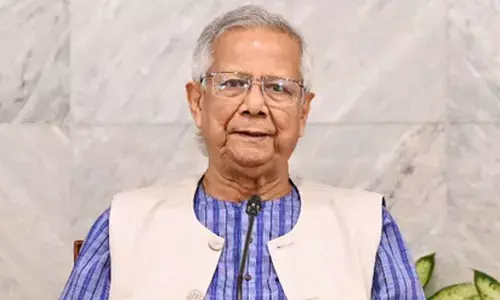What is Organisation for Economic Co-operation and Development?

Almaty, the financial hub of Kazakhstan, is all set to host the OECD Eurasia Week for political leaders from Central Asia and the Organisation for Economic Co-operation and Development (OECD) member states.
Almaty, the financial hub of Kazakhstan, is all set to host the OECD Eurasia Week for political leaders from Central Asia and the Organisation for Economic Co-operation and Development (OECD) member states.
OECD has played an indispensable role in helping nations, including Kazakhstan, to reap the benefits of globalisation by promoting economic growth, prosperity, and sustainable development.
Underlining OECD’s importance, today OECD member countries account for 63% of world GDP, three-quarters of world trade, 95% of world official development assistance and over half of the world’s energy consumption, according to euractive.com.
The OECD provides a forum in which governments can work together to share experiences and seek solutions to common problems. It works with governments to understand what drives economic, social and environmental change. It measures productivity and global flows of trade and investment.
The Organisation for European Economic Cooperation (OEEC) was established in 1948 to run the US-financed Marshall Plan for reconstruction of a continent ravaged by war. By making individual governments recognise the interdependence of their economies, it paved the way for a new era of cooperation that was to change the face of Europe..
OECD was officially born on September 30, 1961, when the Convention entered into force. The track-record is striking. Many OECD countries have seen spectacular, progress. So, too, have countries that a few decades ago were still only minor players on the world stage.

















